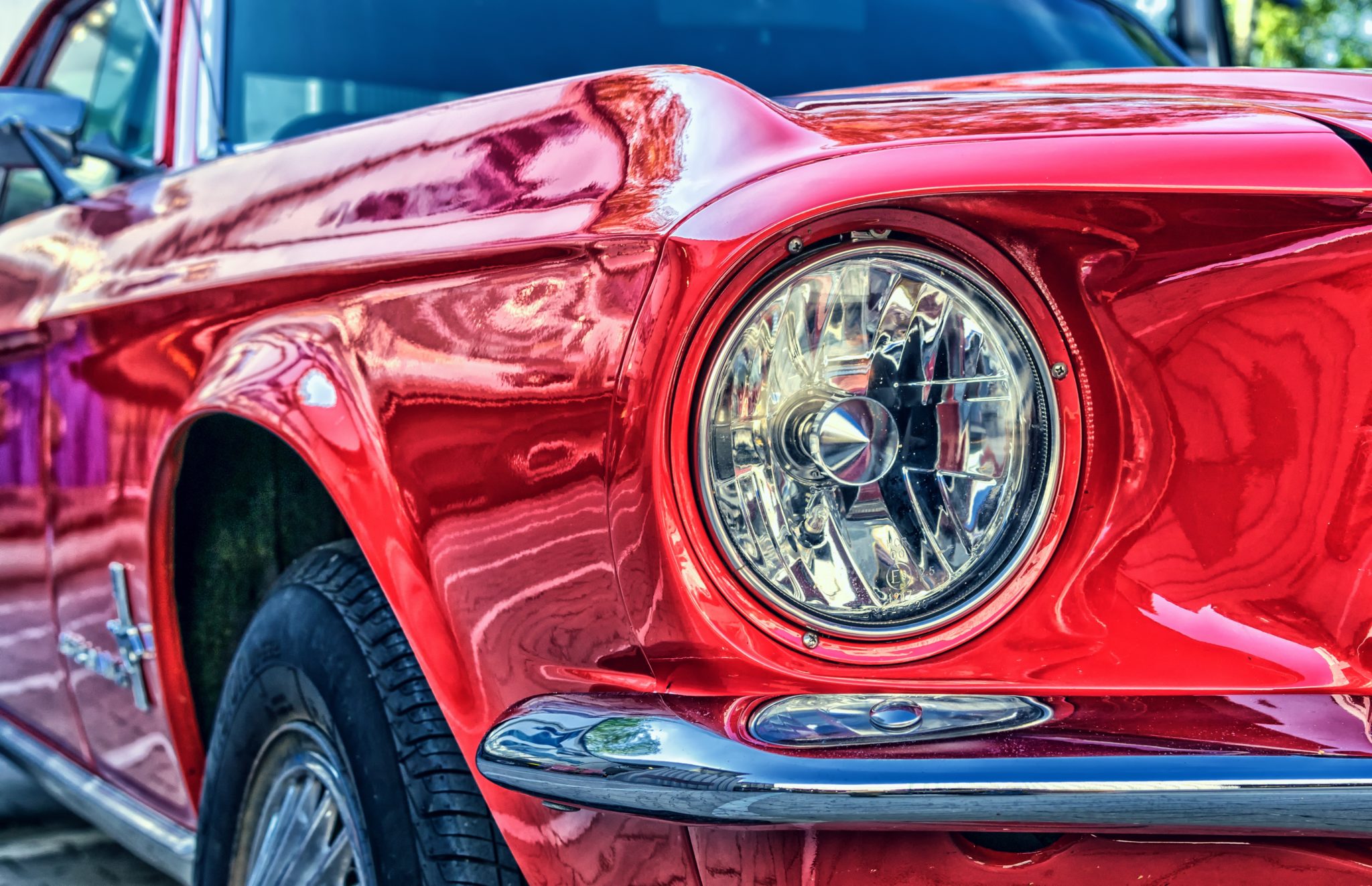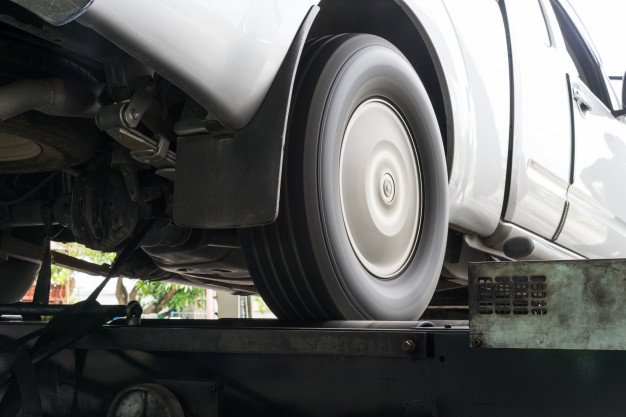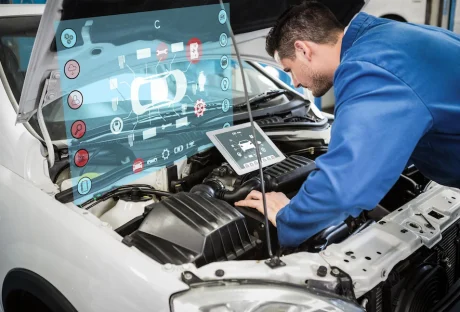It’s easy to get excited as you buy your first ever motorcycle after learning the motorcycling basics and passing a motorcycling safety course. However, don’t rush and buy just about any motorcycle that you see. Here are things to consider before buying your first motorcycle.
1. Your Needs:
When it comes to buying a vehicle, your needs should be your priority. Consider all your needs when choosing a motorbike to purchase. This includes the traffic on the route that you take every day as well as the distance that you take on a daily basis. By taking your needs into account, you can save yourself from feelings of regret later.
2. Your Type:
There are many different types of motorcycles. Choose a certain type of motorcycle that fits your style of driving.
If you just want a regular type of bike, choose the standard types of motorcycle. Although they don’t have big builds and super-sized machines, they’re great because they’re flexible and approachable.
If you want a bike but still want the comforts of a car, touring bikes could be great for you. These types of cars have some of the features of a car such as GPS, windscreens, stereos, automatic transmissions, and carrying capacities.
The above-mentioned types of motorcycles are only a few of the many of them. It will be great for you to make your research before finding a bike to purchase.
3. Your Size:
This one is a no-brainer. Motorcycles come in different sizes and shapes. Choose one that fits your size and builds. Don’t choose one that is too small or too big for you; this will only get in the way of your comfortability.
To be sure, try a motorcycle on for sizing, or if possible, take it for a short ride. This will give you a clue about the ergonomics of a bike and how it fits the figure of your body.
4. Your Options:
There can be thousands of different motorcycles on the market today, and each has different features that may or may not attract you. Because you have a long list of options, you may have a hard time making your final buying decision. To save time, only pay attention to the ones that could be the most beneficial to you and your needs.
5. Your Long-Term Budget:
When buying a motorcycle, you’re spending money not only on purchasing the vehicle but also on maintaining it on a regular basis. This is why it’s so important to estimate all the expenses associated with owning a bike like a car cover, protectors, luggage, etc.
Your total expenses may include the cost of your safety gear. The moto expert has a variety of high-quality helmets, jackets, pants, and gloves that you can choose from. The cost of regular maintenance may also add up to your total outlays.
You might also want to consider your oil consumption every day. While it may not be that costly, it can greatly affect your economic stability in the long run.
The idea is to be able to assess yourself whether you can handle all the financial responsibilities of owning a vehicle.
6. Your Preferences:
After taking all the necessary considerations, it’s time to think of your own preferences. What brand, color or shape do you want? What level of engine performance do you prefer? What parts and accessories do you want your bike to have?
Since this will be your first ever motorcycle, don’t think twice about giving yourself exactly what you want. Although your needs come first, you shouldn’t forget about your wants.
Conclusion
These are the things to consider before buying your first motorcycle. By following this list, you’ll surely be able to buy the best motorcycle that fits you and your needs as an owner.
Read More:






















